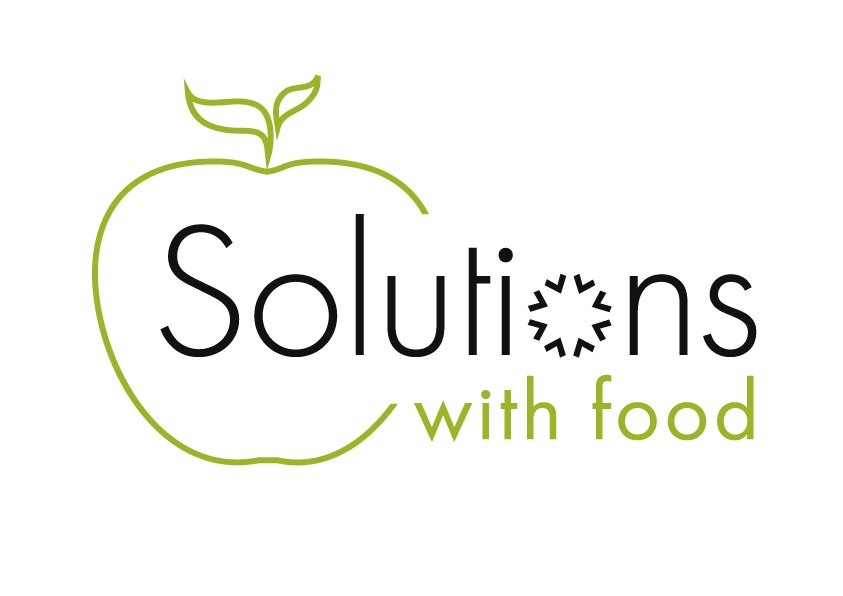Do alternative diets really work?
We are always seeing new trends in nutrition, from gluten free to paleo. There seems to always be a new trend popping up promising to be the holy grail of good health and weight loss. Book stores shelves groan with best-selling diet books promising lasting vitality and transforming your well-being.
So what does the science say about these diets and can they really work for you.
The Paleo Diet
They are lots of versions of this but the basic premise is to eat the same way our as a Paleolithic hunter-gatherer ancestors did. The diet includes eating large amount of meat, fish, seafood, as well as fruits, vegetables, seeds and nuts. Banned are dairy products, grains, legumes, refined sugar and processed foods.
Does it work?
Your weight loss is a result of cutting the excess kilojoules by removing process foods which are high in fat, salt and sugar. Most of us would lose weight anyway if we cut out cheese, chocolate and wine without having to drastically cut out dairy, grains and legumes. Cutting out entire foods groups isn’t advisable as a long term eating plan. And there is plenty of scientific evidence that supports including whole grains, legumes and low fat dairy regularly in your diet can help with weight loss and add variety.
Gluten-free diet
The popularity of gluten-free diet has skyrocketed as celebrities latch onto this as a weight loss method. Gluten is basically a special type of protein, found in foods such as cereals, certain grains and wheat. A gluten-free diet is essential for anyone who has Coeliac disease. Despite the hype, gluten free does not always mean it is a healthier option. Gluten itself, does not make you fat. Kilojoules make you fat regardless of where they are are coming from. In fact, some gluten free products contain extra sugar or fat to make them palatable.
Does it work?
This is diet is only recommended if you have been diagnosed with Coeliac Disease or a wheat intolerance. Gluten-free is not necessarily healthier. While gluten alone has minimal health benefits, the foods that it is found in tend to be higher in fibre, vitamin B, zinc and iron. Therefore, cutting gluten out of your diet, can create nutrient deficiencies.
Sugar-free diet
Fans of this diet restricts all foods that contain added sugars as well as fruit and any vegetables that contain natural sugars such as peas, carrots and parsnips. Some people claim that sugar is addictive and must be totally eliminated to ‘cure’ the addition. Others claim fructose is the enemy, as it is thought to be transformed straight into fat. Fructose is found in fruit, in table sugar and in many processed foods that contain ‘added’ sugar.
Does it work?
Many of us would benefit from cutting down on sugary foods because sugar is often combined with fat (for example biscuits, cakes, ice-cream and chocolate). But the diet is effective because your total kilojoule intake falls rather than avoiding sugar. There also is no research to support avoiding fruits and vegetables because of their natural sugar content will assist in weight loss or prevent diabetes. These foods provide dietary fibre and crucial nutrients which help to control our weight. Sugar itself, doesn’t cause insulin resistance or type 2 diabetes but consuming high-fat or high-sugar foods contributes to weight gain which is a major risk factor.
Final word.
If you want to lose weight, you don’t have to follow restrictive diets that cut out food groups, make unproven claims, and make you feel deprived. The one thing in common with fads diets, is weight loss occurs because you have cut down your food intake. Why not try doing that with the foods you already enjoy eating.
Tell us about your dieting experience in the comments, or book an appointment with us today and let's discuss your goals!
Solutions With Food

